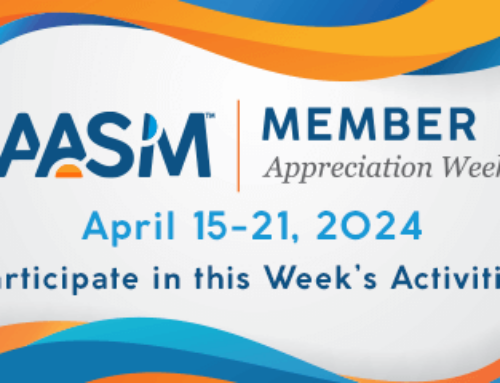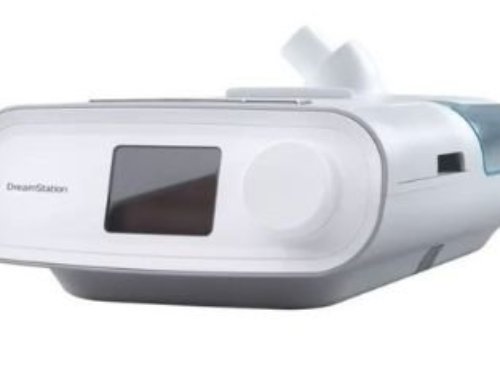On November 15, 2017, the Centers for Medicare & Medicaid Services (CMS) issued the 2018 Physician Fee Schedule (PFS) Final Rule, its annual rule finalizing payment policy and rates effective January 1, 2018.
Download these supplemental resources for more information about the final rule:
Payment for Sleep Medicine and Evaluation and Management Services
The conversion factor was increased by approximately $0.11, which results in a small increase in payment for most sleep procedures and evaluation and management codes. In most cases, 2018 payment for sleep services will stay at or close to 2017 rates. Providers will notice a small decrease for in-center sleep testing code 95807, a moderate increase for in-center code 95808, and a small increase for in-center codes 95810 and 95811. Payment for home sleep apnea test (HSAT) codes 95801 and 95806 will increase slightly while payment for 95800 will decrease slightly.
There were slight changes in the PE RVUs for the HSAT codes due to minor shifts in utilization data; however, total payment for these codes remains fairly stable.
As a result of a change in the methodology used to determine PE and PLI RVUs for low-volume service codes, total RVUs and corresponding payment rates for pediatric polysomnography codes 95782 and 95783 will decrease significantly. This change is consistent with substantial shifts in payment for these codes over the past several years.
Finally, payment for evaluation and management services will increase by $0.85 on average.
Physician Quality Reporting System (PQRS) and Meaningful Use (MU) Quality Reporting
Although the reporting period for CY 2016 has ended, and all data has been submitted to CMS, administrators responded to stakeholder feedback by agreeing to change the Physician Quality Reporting System (PQRS) and Meaningful Use (MU) data criteria from requiring 9 measures across 3 NQS domains, where applicable, to only 6 measures with no domain or crosscutting measure requirement. CMS acknowledged that the change will result in simpler requirements that accurately reflect quality of care delivered by eligible providers, and it will more closely align with the Merit-based Incentive Program System (MIPS), one of two tracks offered within the newly implemented Quality Payment Program. An estimated 23,625 eligible clinicians will avoid a total of $22 million PQRS penalties in 2018 because of this change.
MACRA Patient Relationship Categories and Codes
Section 1848(r)(3) of the Medicare Access and CHIP Reauthorization Act of 2015 (MACRA) requires the development of patient relationship categories and codes that define and distinguish the relationship and responsibility of a physician or applicable practitioner with a patient at the time of furnishing an item or service. The purpose of this legislation is to advance quality of care by improving identification of the patient-provider relationship. In accordance with the Act, CMS finalized a set of patient relationship codes in the form of Level II Healthcare Common Procedure Coding System (HCPCS) modifiers. The new HCPCS modifiers (X1: Continuous broad services, X2: Continuous/focused services, X3: Episodic/broad services, X4: Episodic/focused services, X5: Only as ordered by another clinician) may be voluntarily reported beginning January 1, 2018.
Remote Patient Monitoring
Following general support for the proposal, CMS will be unbundling CPT code 99091 [Collection and interpretation of physiologic data (e.g., ECG, blood pressure, glucose monitoring) digitally stored and/or transmitted by the patient and/or caregiver to the physician or other qualified health care professional, qualified by education, training, licensure/regulation (when applicable) requiring a minimum of 30 minutes of time]. CMS also had originally proposed to unbundle CPT code 99090 [Analysis of clinical data stored in computers (e.g., ECGs, blood pressures, hematologic data)]. However, some comments expressed concern that unbundling these codes would be inappropriate since they are generic codes, and there are more specific codes available. CMS responded that it is appropriate to unbundle 99091 and not unbundle 99090 because 99091 is more specific and will facilitate appropriate payment in the short-term.
Telemedicine
CMS elected to eliminate the GT modifier on telehealth claims since the Place of Service Code (POS) 02 already signifies both provision of services via telehealth and certification that requirements have been met. CMS added several codes to the telehealth list including CPT codes G0444, annual depression screening, and G0447, behavioral counseling for obesity. CMS acknowledged that many comments were received regarding expansion of access to telemedicine services and that CMS administrators will carefully review them for possible inclusion in future rule-making.
Members with questions about the final rule can contact the AASM at coding@aasm.org.









